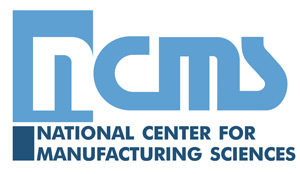Project Announcement: Reducing Maintenance Costs Through Predictive Analytics Phase II
Controlling maintenance costs is critical to commercial industry in order to secure and retain market share/competitive advantage. Reducing maintenance cost is also a critical mission for the Defense Department in today’s budget-constrained environment.
One of the most promising avenues for delivering enhanced maintenance performance is in the area of data analytics, specifically in using data collected by sensors on military assets to predict and avoid costly failures. Commercial industry has already taken a dramatic step forward in this field; leveraging a combination of embedded sensors, local storage, and processing, with remote monitoring and diagnostics, helps eliminate unplanned downtime, increase asset availability, and reduce maintenance cost. Given the similarity between the heavy equipment used by the military and some of their counterparts in heavy industry (aircraft engines, diesel engines, gas turbines, pumps, compressors, etc.) there is reason to believe that the military could derive significant value by leveraging COTS predictive analytics technologies.
This Phase II effort will continue to use analytic solutions to leverage US Navy CBM relevant data in a timely manner, and enable proactive CBM actions to be taken prior to failure. Project efforts target assets also used by commercial and private industry which is facing the same challenges in keeping pace with the mountain of collected data, and will serve as a template process for addressing the challenges associated with supporting fielded assets.
Objectives achieved through this NCMS/CTMA initiative will show how predictive analytic technologies can be used in conjunction with existing sensors and instrumentation to provide advanced warning of major failures. The result will be a better maintained, more cost effective and better fuel efficiency for mechanized assets.
Companies interested in this NCMS/CTMA initiative should contact by September 1st, 2017. We encourage participation of Disadvantaged Business Enterprises (DBEs), including Minority Business Enterprises (MBEs) and Women’s Business Enterprises (WBEs).
